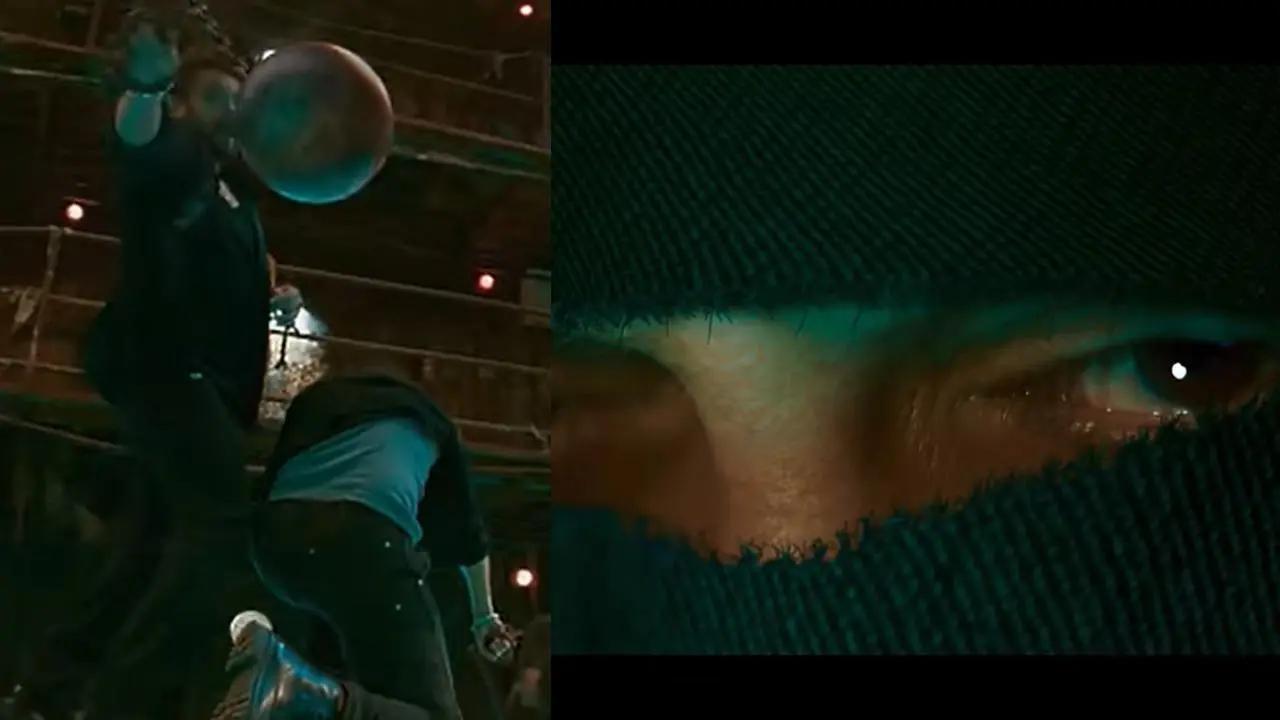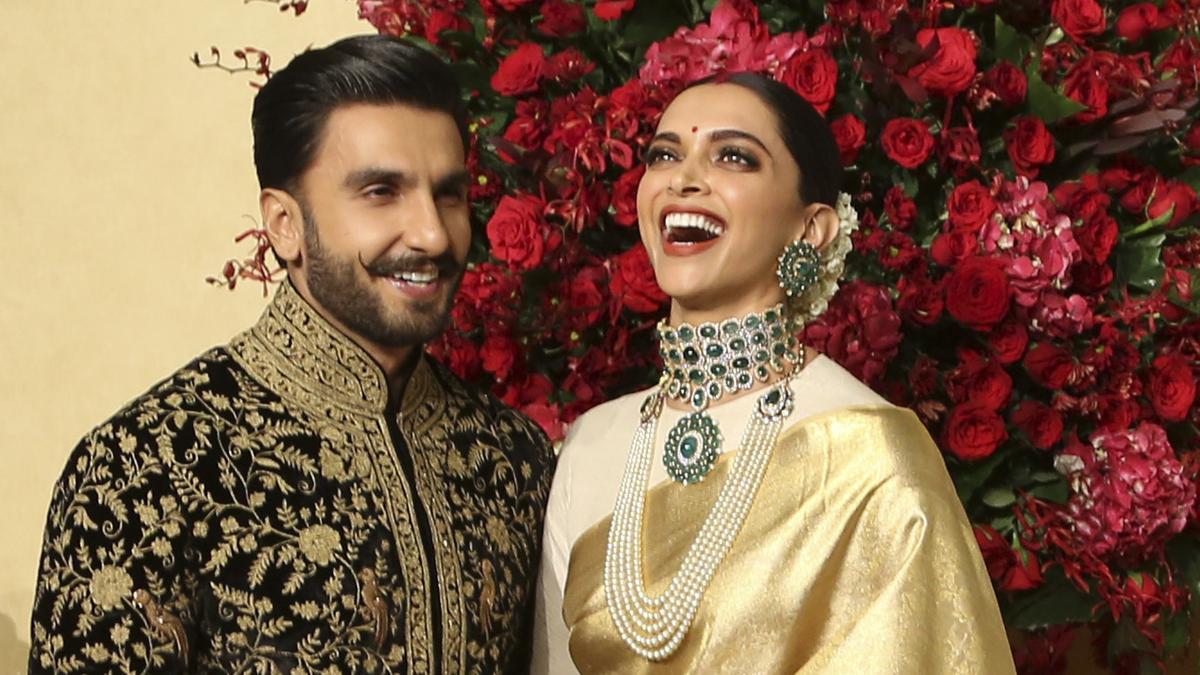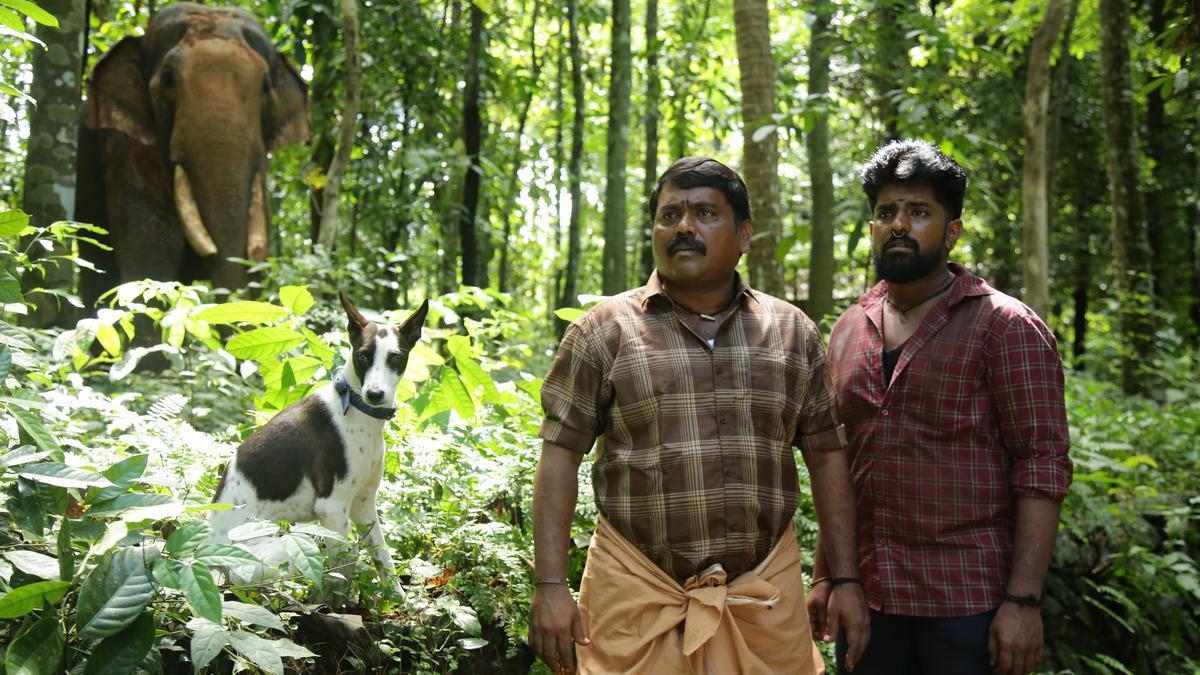
This year, certain work commitments have thwarted my plans to be home for Durga Puja. As I moped and whined and looked up new Bengali restaurants in Mumbai, my thoughts drifted to “The Bear,” which swept the comedy Emmys. In the globally acclaimed series, Carmy, a top-rated New York chef, returns to his hometown of Chicago after his brother’s tragic suicide. Over three anxiety-inducing seasons, we watch Carmy as he strains every nerve (his and those around him) to turn their chaotic, family-owned sandwich shop into a high-end restaurant. Carmy is advised by his uncle to “be the guy,” to keep his eyes on the ball, yet home — with its unruly sauces and kitchen scars of grief — keeps butting in.
Homecoming is a messy, delicate affair. Over a decade ago, we met a different Carmy, of a lower calibre. The 2012 Hindi comedy “Luv Shuv Tey Chicken Khurana” is a bittersweet take on family, food, and identity. Having stolen from his own grandfather and skedaddled to the UK, Omi (Kunal Kapoor), years later, is forced to return. He takes over his family’s crumbling dhaba, but only a secret recipe, the titular ‘Chicken Khurana’, now lost, can restore its shine. Sameer Sharma’s film is “The Bear” on a low, gentle flame, and the final reveal is both hilarious and unexpected.
“Maybe that’s all a family really is,” says the protagonist of “Garden State.” “A group of people who miss the same imaginary place.” Watching Zach Braff’s 2004 comedy for this column, I was struck less by the intended poetry of that line than by how much Braff — who was 29 when he starred in his own directorial — resembled Sidharth Malhotra. One of Malhotra’s sturdier performances can be found in “Kapoor & Sons” (2016), a Bollywood comedy with the heart of an American dysfunctional family drama. There is a superlative scene — beautifully choreographed by director Shakun Batra — with the entire family yelling and blame-shifting as a broken water pipe gushes forth. It spills like home.
Not all homecoming films are comedies. There are countless thrillers — the 2020 Australian film “The Dry” comes to mind — where the central character returns to their childhood town and immerses themselves in a mystery.
. Then there are the adoptees, in films like “Lion” (2016) and “Return to Seoul” (2022), tugged by origins and quests that transcend geographies. There are also films that point to the impossibility of return: though Sumit and Priyanka, the eloped couple in “Pokhar Ke Dunu Paar” (2023), are back in Darbhanga, hard-up during the lockdown, they cannot go home.
Imaginary places, indeed. As Gregory Alan Isakov sings in “Big Black Car,” “Through the carnival we watch them go round and round // all we knew of home was just a sunset and some clowns.” This quote poignantly captures the ephemeral and almost illusory nature of home, resonating strongly with the emotional journeys depicted in these films. Homecoming, whether literal or metaphorical, often involves a confrontation with the past, a reconfiguration of identity, and a negotiation between personal aspirations and familial responsibilities.
The emotional panorama of these films offers viewers a diverse range of narratives centered around the theme of returning home. In “The Dry,” for instance, the protagonist must solve an old mystery to find peace with his past. “Lion,” on the other hand, focuses on the international quest of an adoptee searching for his birth family in India. This film, based on a true story, shows the lengths people go to reconnect with their roots and find a sense of belonging.
“Return to Seoul” provides another layer of complexity with its exploration of identity from the perspective of an adoptee who delves into the forgotten culture of their birthplace. It brings to light the often ignored yet emotionally charged experience of adoptees returning to their origin countries.
Meanwhile, “Pokhar Ke Dunu Paar” explores the frustrating reality of an ‘incomplete’ homecoming, where the barriers of socio-economic constraints prevent the couple from truly going home. The film reflects a broader societal issue and provides a nuanced look at what it means to return under less-than-ideal circumstances.
Invariably, these films remind us that homecoming is not just about the physical space we return to, but about the myriad emotions, memories, and relationships we navigate in the process. Through compelling storytelling, authentic performances, and poignant narratives, these films encapsulate the timeless allure and inherent complexity of coming home. The depiction of broken yet striving families, lost recipes, and intricate personal quests in these films make homecoming not just a narrative device but a universal theme that speaks profoundly to the human condition.
From The Hindu cinema team, a fortnightly column recommending films and shows tied to a mood, theme, or pop culture event.
Published – September 28, 2024 04:37 pm IST
Indian cinema / Hindi cinema










